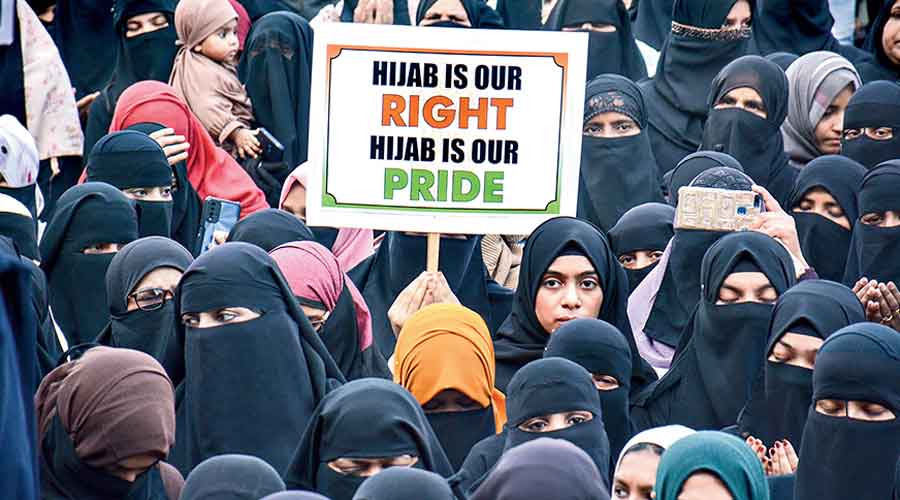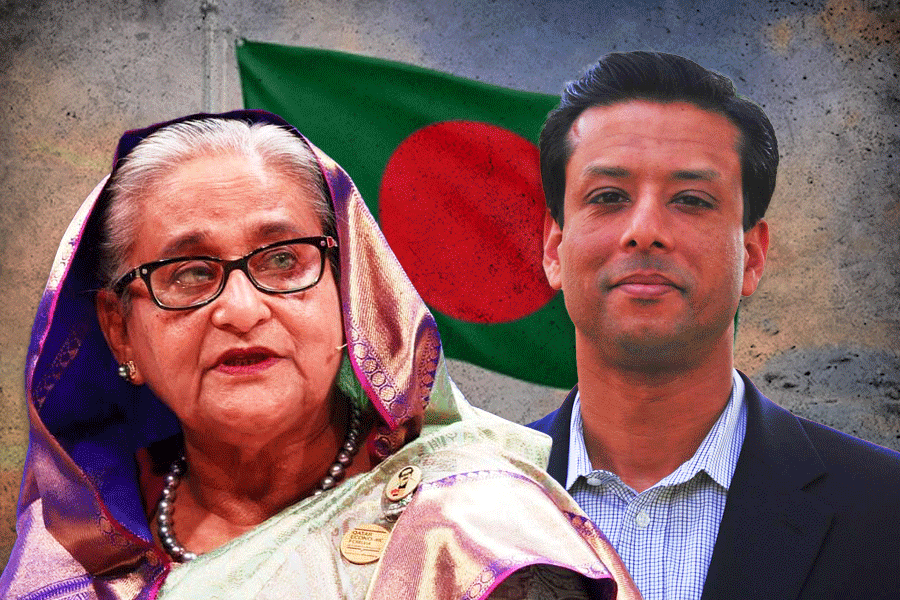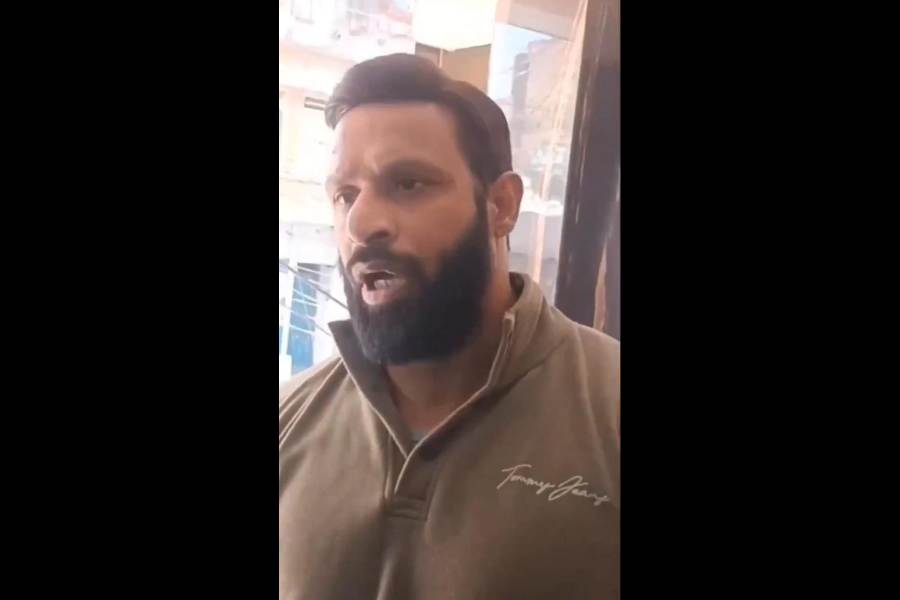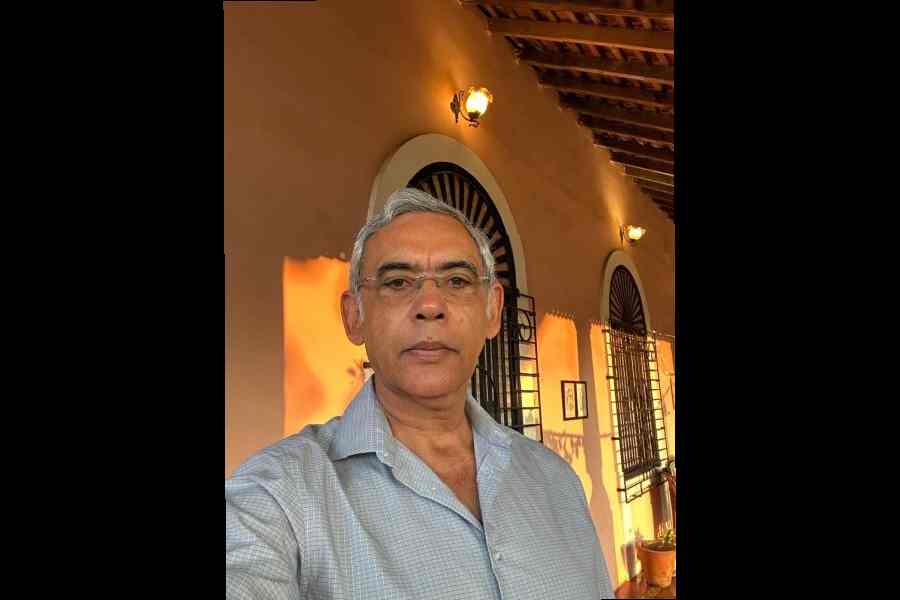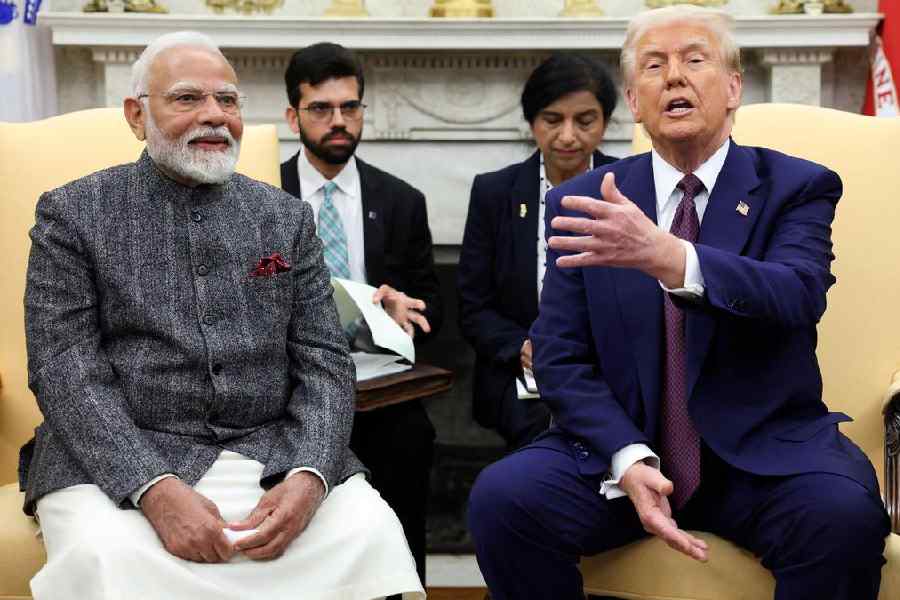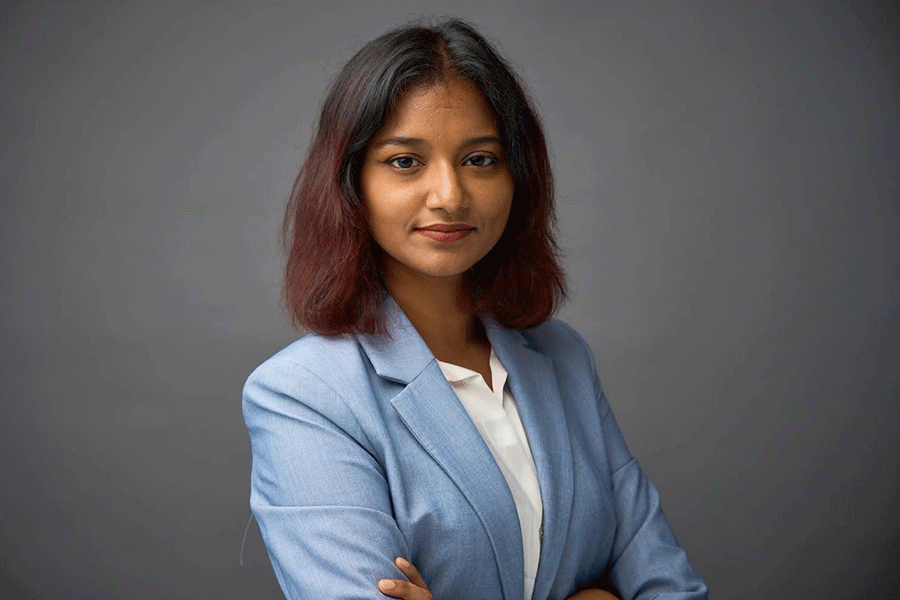A two-judge bench of the Supreme Court on Thursday delivered a split verdict on whether students have a fundamental right to wear the hijab or any other religious clothing in classrooms, and referred the matter for consideration by a larger bench.
Karnataka High Court had in March upheld a ban on the hijab in the BJP-ruled state’s classrooms, ruling that wearing the headscarf was not essential religious practice in Islam and that a uniform was a reasonable restriction on the freedom of speech and expression.
On Thursday, Justice Hemant Gupta, who headed the apex court bench, upheld the ban saying: “Fraternity would be defeated if the students are permitted to carry their apparent religious symbols with them to the classroom.”
But Justice Sudhanshu Dhulia, the other judge on the bench, quashed the ban as “unconstitutional”, saying: “All the petitioners want is to wear a hijab. Is it too much to ask in a democracy?”
Justice Dhulia underscored the importance of choice and added: “The unfortunate fallout of the hijab restriction would be that we would have denied education to a girl child. A girl child for whom it is still not easy to reach her school gate.
“This case here, therefore, has also to be seen in the perspective of the challenges already faced by a girl child in reaching her school. The question this court would put before itself is also whether we are making the life of a girl child any better by denying her education merely because she wears a hijab.”
The 216-page verdict said: “In view of the divergent views expressed by the bench, the matter be placed before Hon’ble Chief Justice of India for constitution of an appropriate bench.”
The possibility cannot be ruled out that the matter may eventually land up before a five-judge constitution bench, keeping in mind the complex issues involved.
The apex court was dealing with a batch of over two dozen petitions moved by students, individuals and organisations challenging the ban on the hijab and other religious clothing, such as saffron stoles, from Karnataka’s classrooms.
Many female Muslim students and their parents had contended that wearing the hijab was essential religious practice and the ban violated their fundamental right to freely practise their religion under Article 25 of the Constitution.
The Karnataka government had argued through solicitor-general Tushar Mehta that the hijab ban had been deliberately “communalised” by the now-banned Popular Front of India, against whom criminal cases had been registered on the matter.
Most of the petitioners had argued that the matter could not be dealt with by a two-judge bench. They had sought a referral to the nine-judge bench earlier constituted to decide whether women had the right to enter Kerala’s Sabarimala Temple regardless of their age.
However, Justice Gupta rejected this plea, ruling: “The argument that the matter should be referred to a larger (nine-judge) bench to be heard along with such referred cases (Sabarimala) does not warrant consideration.”
He explained: “The questions referred to the larger bench relate to power of judicial review in the matters of essential religious practices. But the said question need not be examined in the present matter as the issue herein is whether a religious practice, which may be an essential religious practice, can be regulated by the State in a secular institution….”
Justice Dhulia did not comment on this issue. The nine-judge bench had been constituted after a five-judge bench struck down the centuries-old ban on the entry of women of childbearing age into the Sabarimala shrine, and a large number of devotees challenged the verdict. Hearing by the nine-judge bench is yet to start formally.


